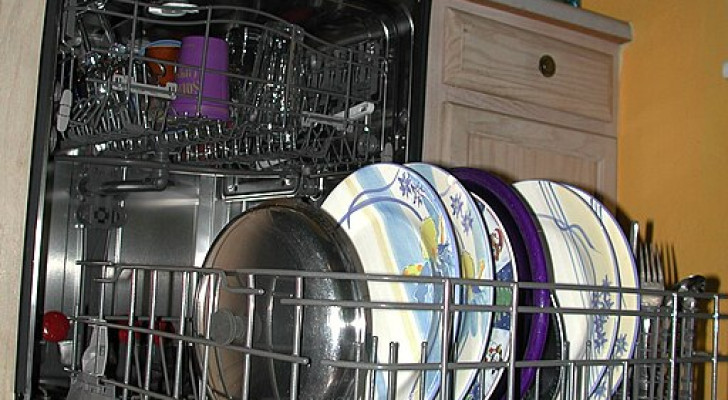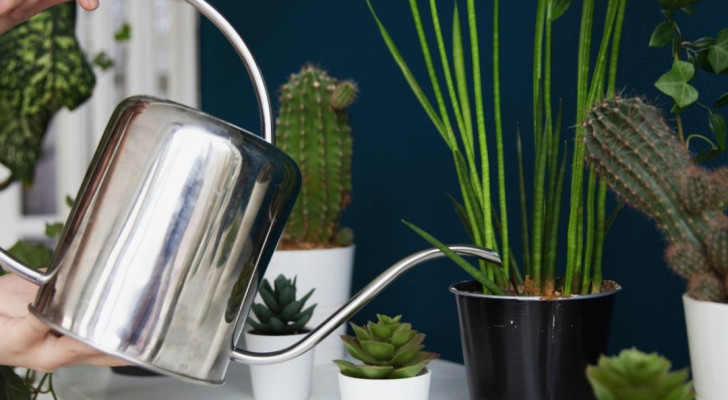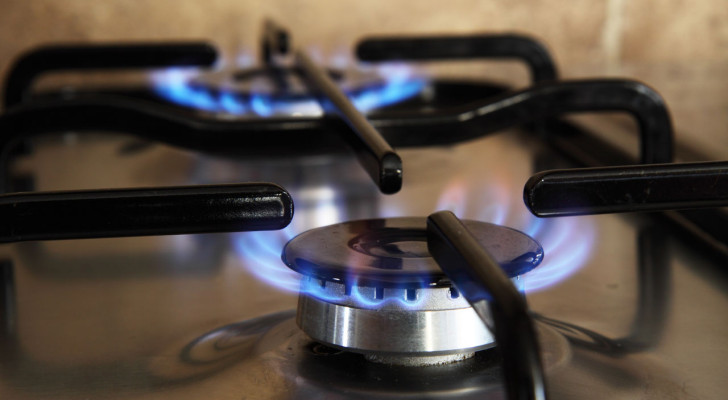Citric acid: a product with a thousand uses. Here's just 7 uses that perhaps you didn't know about yet
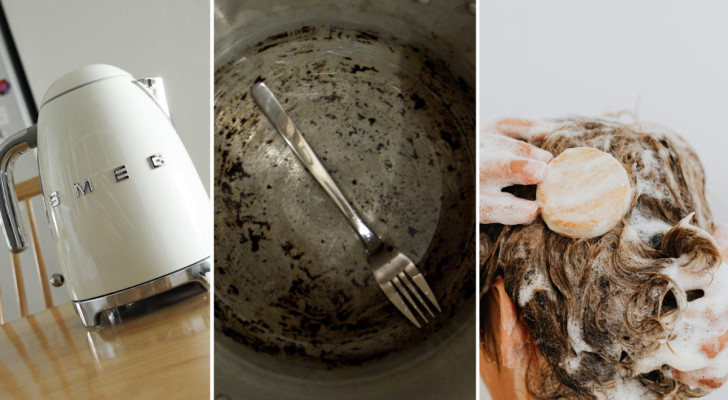
Economical, eco-friendly and versatile, citric acid is a product with a thousand uses and is something that we should all have at home. Everyone now knows how useful citric acid is in washing machines (as a fabric softener) and dishwashers (as a rinse aid) and to clean household appliances. But citric acid has many other uses.
In fact, this fantastic product can even be used for beauty treatments, for example! Below, we list 7 uses for citric acid that you may not be aware of:
1. Kettles and teapots
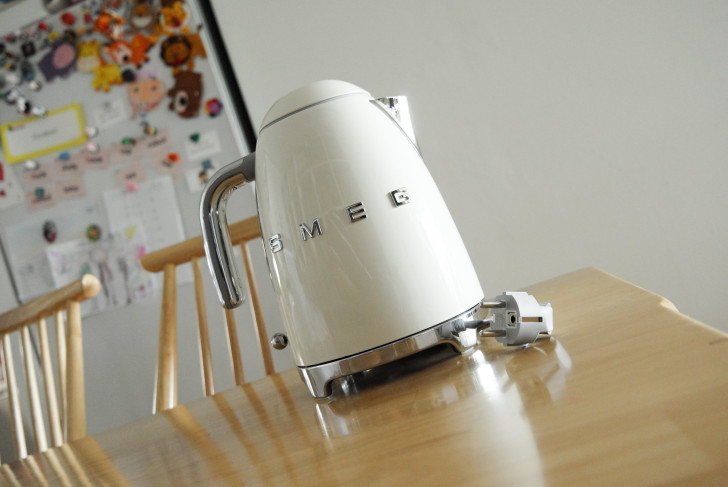
Teapots and kettles are vulnerable to limescale and cleaning them of this can be a challenge. Citric acid can be used to do this job and won't leave any residue.
Proceed as follows: fill the kettle to 3/4 of its capacity, add 1 tablespoon of citric acid and bring to water to the boil; then empty the kettle and scrub it out if necessary with a sponge and rinse thoroughly. Now, your kettle will be as good as new.
2. Glass and mirrors
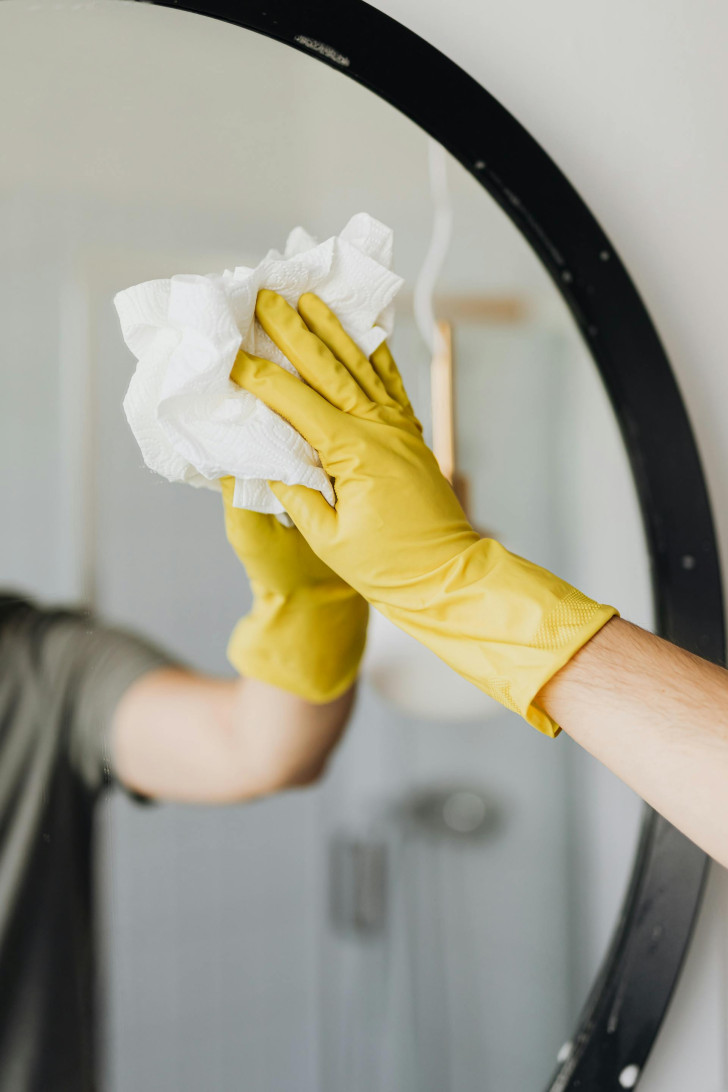
Glass and mirrors are amongst the most challenging surfaces to clean properly, as it is difficult to get rid of all the "left behind" streaks.
To replace a commercial, chemical product (that may be ineffective and not eco-friendly), you can use a simple DIY mixture: put a teaspoon of citric acid into a 1-liter spray bottle of water, then add one teaspoon of dishwashing liquid (preferably an ecological brand) and shake well to mix. You can now use this spray on your windows and mirrors, wiping down with a microfibre cloth.
3. Burnt pots and pans
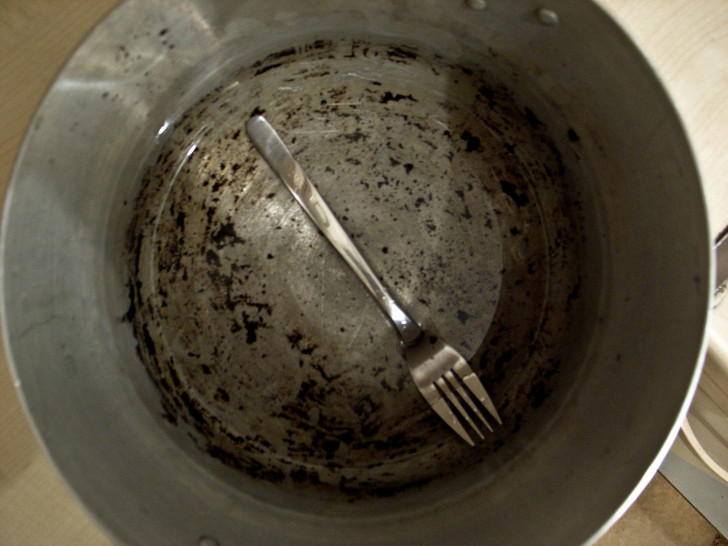
Did you forget a pot on the stove and it got burned? Well, don't throw it away - there is still a way to recover it! In fact, stainless steel pans can be easily cleaned of burns using citric acid: fill the pot/pan with a solution of water and citric acid (200 grams for each 1 liter of water), bring to the boil, then turn off the heat and leave to cool. By scrubbing with a sponge, the burn marks will come off easily.
4. Shiny steel
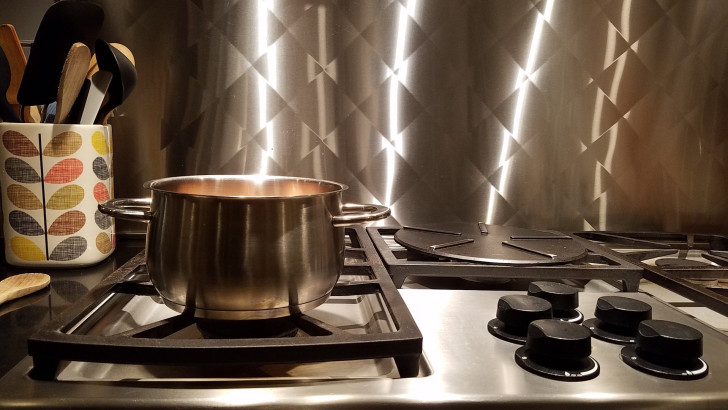
Stainless steel pans, sinks, stoves and countertops in the kitchen can easily lose their sheen due to use and grim build-up. Prepare a 15% citric acid solution in water to clean stainless steel and return its sheen.
5. Unblock drains
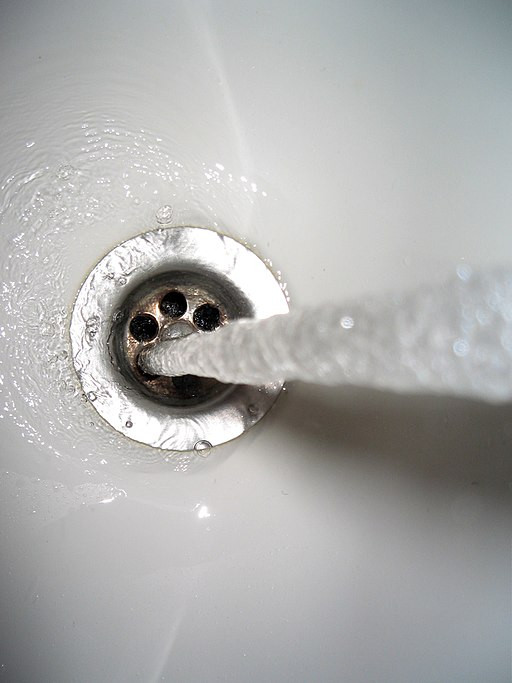
Sissel Karlsen/Wikimedia Commons
An accumulation of hair, debris, dust and soap residue can easily block your drains. But using chemical drain cleaners can often damage to the pipes. Try a simple DIY solution that will not only gently unblock your drains without damaging your pipes, but is eco-friendly, harmless and will also combat unpleasant odors. Place two tablespoons of citric acid down the drain followed by two tablespoons of baking soda. Then, pour in a pot of boiling water and leave for a few hours before running the water again.
6. Hair care

To solve the problem of frizzy hair - which is very common especially when using eco-friendly shampoos - we recommend an citric acid rinse after shampooing your hair. For this purpose, you can use apple cider vinegar or citric acid: dilute a pinch of citric acide in a liter of water and shake until completely dissolved. Then, use this mixture to rinse your hair after shampooing - your hair will thank you!
7. Bath bombs
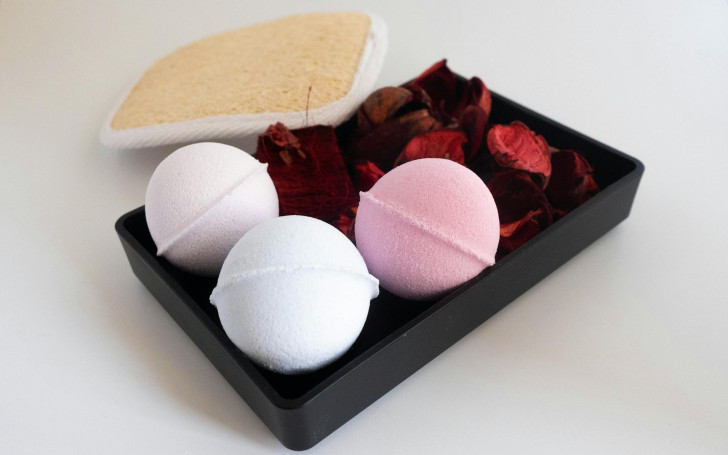
Finally, citric acid can be used to make all-natural bath bombs: mix 100 grams of baking soda with 50 grams of corn starch and 50 grams of citric acid; perfume as desired with essential oils you like and work into a compact "dough" by adding a little water. Place in (ball) molds and leave to set for at least 2 hours. Afterwards, remove your bath bombs from the mold and and store them in an airtight glass jar.
What other uses for citric acid do you know of?
